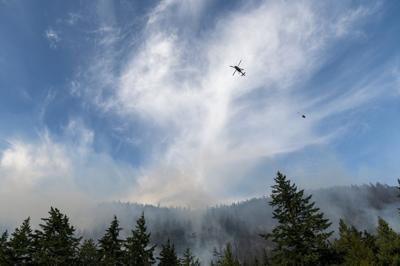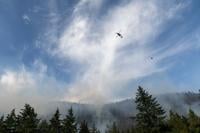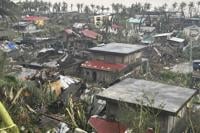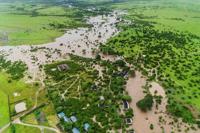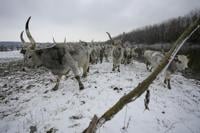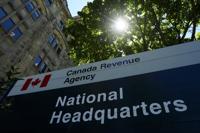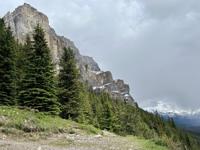VICTORIA - British Columbia's Forest Practices Board says a two-year investigation has found outdated rules and unclear responsibility are stopping forestry from becoming a wildfire prevention tool.
The independent body says it examined forestry operations between 2019 and 2022 in areas where communities and forests meet, including the Sea to Sky, Cariboo-Chilcotin and Peace districts.
It says fire hazard assessments are a cornerstone of wildfire risk reduction, and while the industry assessments met 70 per cent of the requirements, fewer than one-quarter were completed on time.
The board says municipalities are excluded from the definition of legal interface, a term used for fires burning close to homes, which means logging debris can remain for up to 30 months.
The Council of Forest Industries, which represents most of the industry in B.C., says it takes the report seriously and as wildfire risks grow, it supports policies that protect communities and strengthen forest health.聽
The report makes five recommendations to the province that it says would help support faster fuel cleanup, better co-ordination and more consistent protection for people and communities throughout B.C.
Suggestions include encouraging forest operators to actively reduce fire risk, improve co-ordination between government and industry, update legal definitions to add municipalities in the interface, modernize hazard assessment guidelines and incentivize faster logging cleanup.
Board chair Keith Atkinson said more than a million B.C. residents live in areas with high or extreme wildfire risk.聽
"Foresters are already active in these spaces. With better rules and incentives, their efforts can become part of the wildfire solution," he said in a release.
"This is an opportunity to improve our policies and processes toward proactive, risk-reducing forestry. It starts with better policy and ends with safer, more fire-resilient communities."
In its statement, the council said forestry professionals have expertise to contribute to efforts, but the sector is facing significant challenges and limited resources.
"The forest industry is in crisis due to uncertainty around access to wood, an inability to get permits on a timely basis, and economic pressures," said council president Kim Haakstad.聽
"For the industry to sustain the people, equipment, and operations needed to support wildfire risk reduction, these activities must be economically viable."
The council supports efforts to improve regulations, including for timely removal of debris, modernized fuel hazard guidelines, and better alignment between forest operations and local wildfire risk reduction plans, the statement said.
This report by 好色tvwas first published June 19, 2025.

